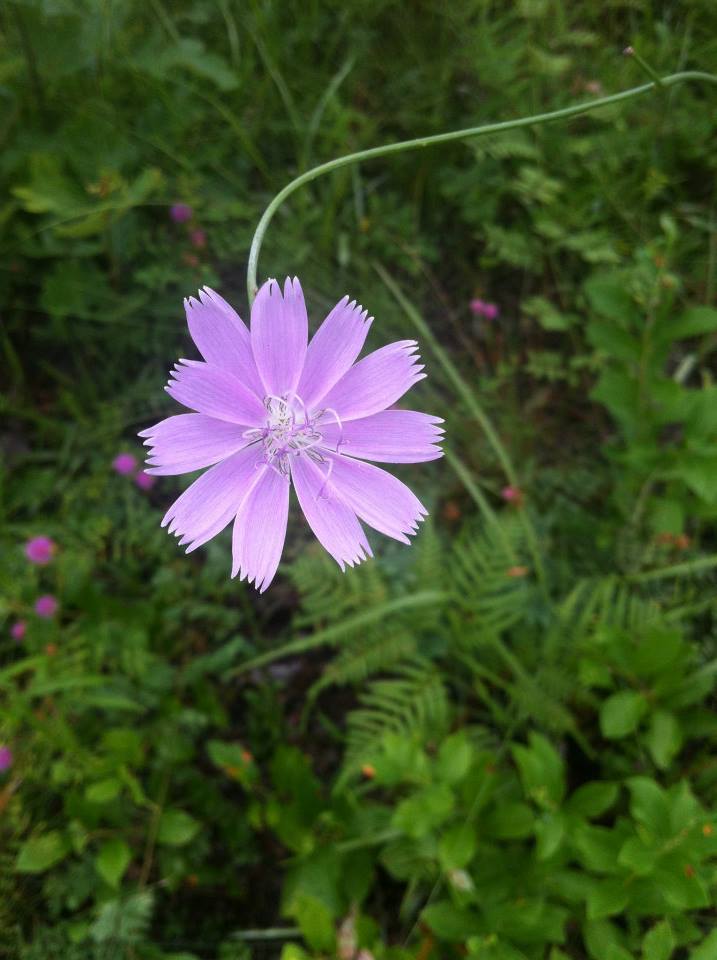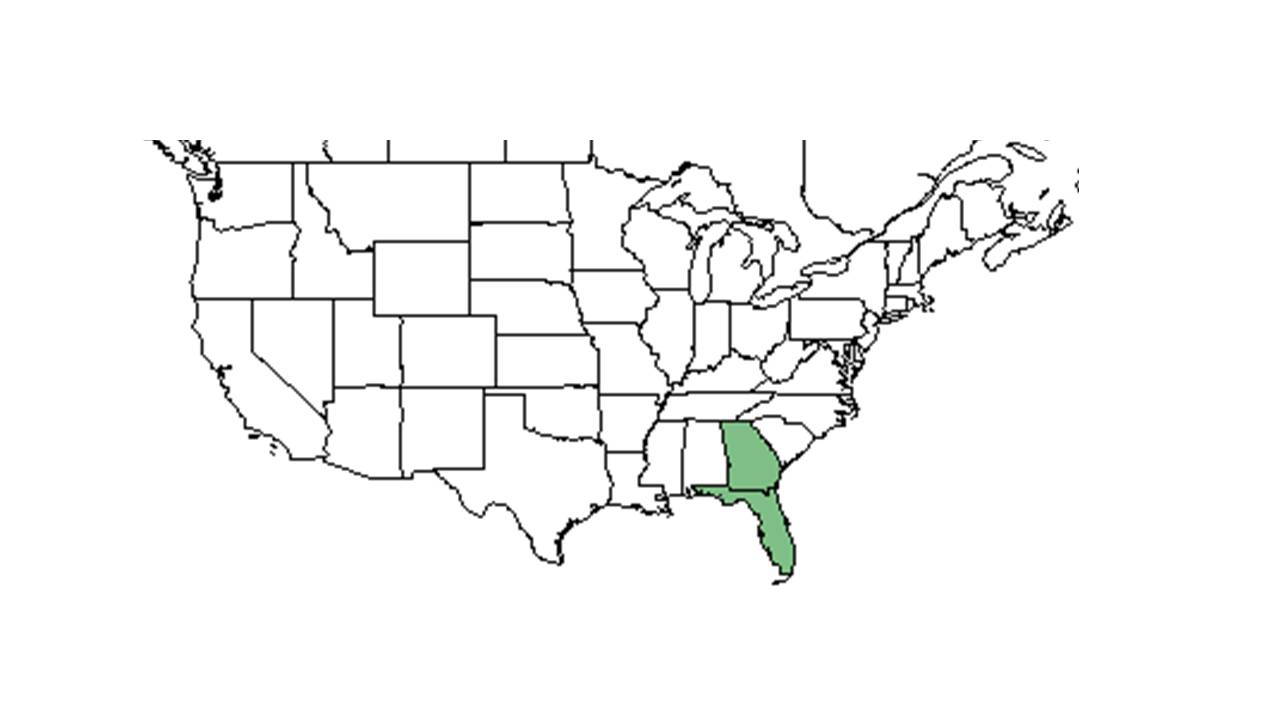Difference between revisions of "Lygodesmia aphylla"
(Created page with "{{italic title}} <!-- Get the taxonomy information from the NRCS Plants database --> {{taxobox | name = Lygodesmia aphylla | image = Lygodesmia aphylla_MS.jpg | image_caption...") |
|||
| Line 22: | Line 22: | ||
==Ecology== | ==Ecology== | ||
===Habitat=== <!--Natural communities, human disturbed habitats, topography, hydrology, soils, light, fire regime requirements for removal of competition, etc.--> | ===Habitat=== <!--Natural communities, human disturbed habitats, topography, hydrology, soils, light, fire regime requirements for removal of competition, etc.--> | ||
| + | Florida scrub community (Archbold Biological Station)(Deyrup et al 2002). | ||
===Phenology=== <!--Timing off flowering, fruiting, seed dispersal, and environmental triggers. Cite PanFlora website if appropriate: http://www.gilnelson.com/PanFlora/ --> | ===Phenology=== <!--Timing off flowering, fruiting, seed dispersal, and environmental triggers. Cite PanFlora website if appropriate: http://www.gilnelson.com/PanFlora/ --> | ||
===Seed dispersal=== | ===Seed dispersal=== | ||
| Line 28: | Line 29: | ||
===Pollination=== | ===Pollination=== | ||
===Use by animals=== <!--Herbivory, granivory, insect hosting, etc.--> | ===Use by animals=== <!--Herbivory, granivory, insect hosting, etc.--> | ||
| + | Deyrup observed this bee, Augochlorella aurata, on L. aphylla (Deyrup et al 2002). Fire ants are not interested in the seeds of L. aphylla (Cumberland et al. 2013). | ||
===Diseases and parasites=== | ===Diseases and parasites=== | ||
==Conservation and Management== | ==Conservation and Management== | ||
==Cultivation and restoration== | ==Cultivation and restoration== | ||
| + | ==Photo Gallery== | ||
==References and notes== | ==References and notes== | ||
| − | + | Cumberland, M. S. and L. K. Kirkman (2013). "The effects of the red imported fire ant on seed fate in the longleaf pine ecosystem." Plant Ecology 214: 717-724. | |
| + | |||
| + | Deyrup, M. J. E., and Beth Norden (2002). "The diversity and floral hosts of bees at the Archbold Biological Station, Florida (Hymenoptera: Apoidea)." Insecta mundi 16(1-3) | ||
Revision as of 14:50, 11 June 2015
| Lygodesmia aphylla | |
|---|---|

| |
| Photo taken by Michelle M. Smith | |
| Scientific classification | |
| Kingdom: | Plantae |
| Division: | Magnoliophyta - Flowering plants |
| Class: | Magnoliopsida – Dicotyledons |
| Order: | Asterales |
| Family: | Asteraceae ⁄ Compositae |
| Genus: | Lygodesmia |
| Species: | L. aphylla |
| Binomial name | |
| Lygodesmia aphylla (Nutt.) DC. | |

| |
| Natural range of Lygodesmia aphylla from USDA NRCS Plants Database. | |
Contents
Description
Distribution
Ecology
Habitat
Florida scrub community (Archbold Biological Station)(Deyrup et al 2002).
Phenology
Seed dispersal
Seed bank and germination
Fire ecology
Pollination
Use by animals
Deyrup observed this bee, Augochlorella aurata, on L. aphylla (Deyrup et al 2002). Fire ants are not interested in the seeds of L. aphylla (Cumberland et al. 2013).
Diseases and parasites
Conservation and Management
Cultivation and restoration
Photo Gallery
References and notes
Cumberland, M. S. and L. K. Kirkman (2013). "The effects of the red imported fire ant on seed fate in the longleaf pine ecosystem." Plant Ecology 214: 717-724.
Deyrup, M. J. E., and Beth Norden (2002). "The diversity and floral hosts of bees at the Archbold Biological Station, Florida (Hymenoptera: Apoidea)." Insecta mundi 16(1-3)